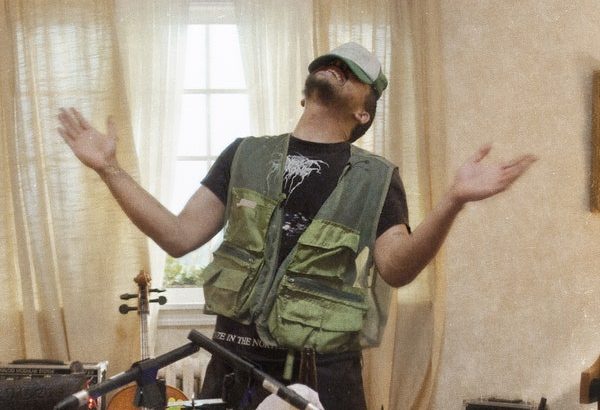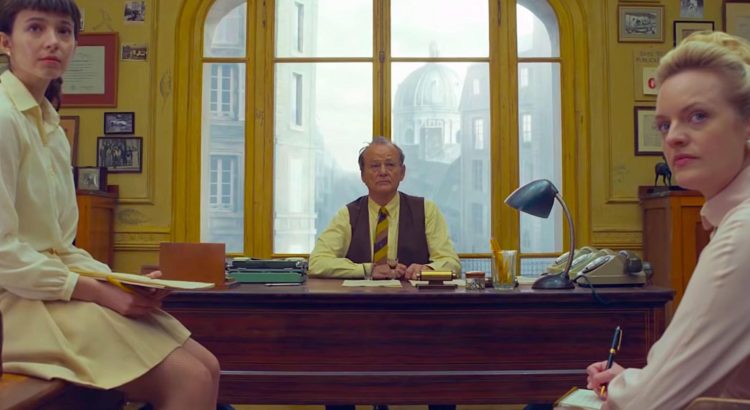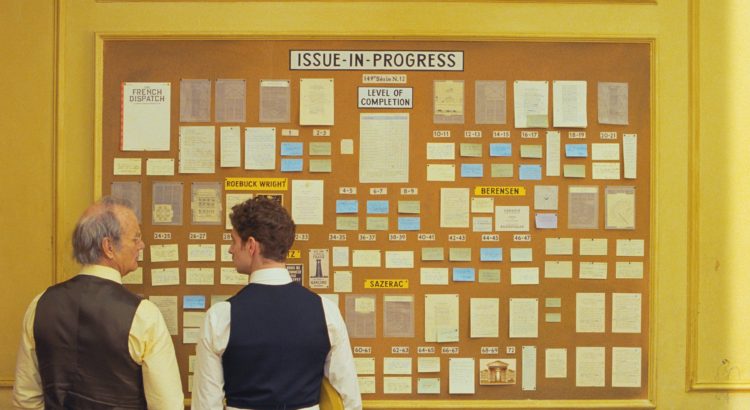Dijon, a rising star in the indie pop/R&B scene and a familiar voice amongst the more underground and experimental artists of the younger generation, released his debut album titled Absolutely on November 4th. Known for experimenting with an array of nostalgic sounds and layered vocals, Dijon has explored a wide range of genres; Absolutely encaptures the sound that Dijon has settled on, fitting his melancholic and expressive voice perfectly. Echoing the influences of Frank Ocean and the emotional pop ballads of the late 2010s, Dijon’s voice is distinctly expressive and flexible. Each song embraces a different facet of a love story and utilizes a messy and raw style to truly capture the beauty of falling in love and the tragedy of falling out of love.
The album begins with “Big Mike’s”, an introduction that gently guides the listener through Dijon’s style. The sound is gentle and slow, soft guitar overlaid by melodic vocals–– it’s a perfect introduction to just how honest Dijon’s music gets. The album’s third track, “Many Times”, is a powerful high-tempo song dedicated to the frustration of dysfunctional relationships. Dijon sings “there you go again, head low, putting on a show again… It’s the holidays, how come it always ends this way?” The lyrics are accessible and relatable but combine with the complicated instrumentals to create a deeply emotional piece. The track transitions quickly into the slower drums of “Annie”, in which Dijon sings in a delicate high-pitched voice that pleads his lover to stay. The album ventures through the various stages and emotions of a relationship, following this pattern of ups and downs; it remains consistently engaging, the emotionality never wearing down. My favorite track is “Rodeo Clown”; Dijon’s voice is warped and distorted to capture a sense of breaking down as he calls out that his lover is “missin’ out” repeatedly. This drives home the pleading, raw energy of his music. I feel as if I’m watching a desperate argument between lovers and listening to a rebirth of Frank Ocean’s Blonde all at once, and the colorful atmosphere of it is incredibly satisfying in a largely superficial and corporate music industry.
Throughout the album, Dijon plays with experimental elements that could be seen as risky–– most of the songs lack a distinctive chorus, so the album could hardly be described as catchy. However, that is not Dijon’s purpose; the music is a raw and unfiltered dedication to pure love and loss and the immature emotions that are found in between. Unlike much of the mass-produced and money-grabbing music today that lacks any distinctive emotion or originality, Dijon is a rare voice that echoes pure honesty and feeling. He embraces his sound and does not apologize. I enjoy Dijon’s Absolutely, not for its radio-playability but for its refreshing strength.
You can stream the album for free on Spotify and it is also available on most other popular streaming services. I encourage anyone interested in diversifying their music library to give it a listen, or at least explore Dijon’s more popular and catchy tunes, such as “Skin” and “Nico’s Red Truck”.




